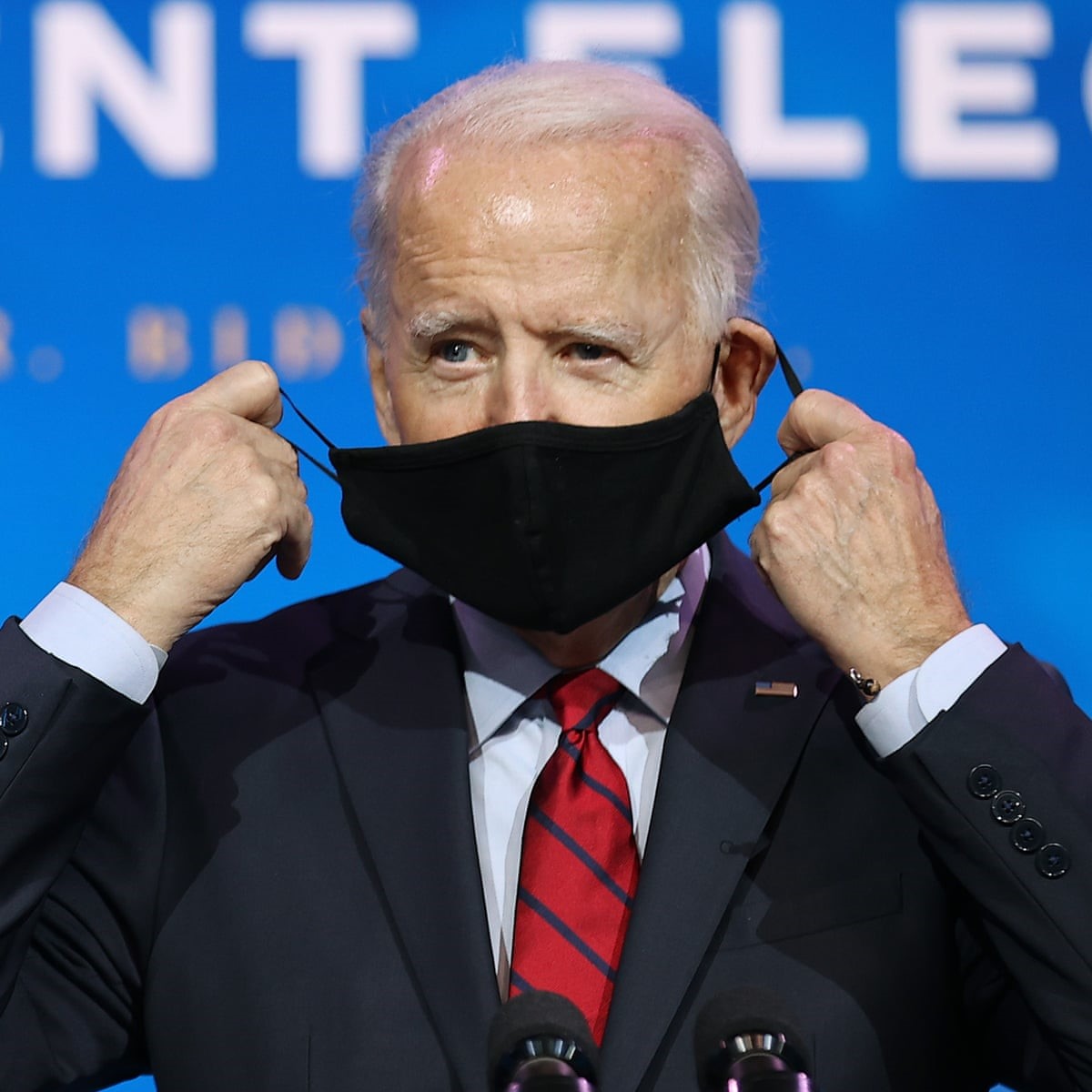
Why Skills-First Leadership Is Replacing the Ivy League Playbook in the C-Suite
The old prestige pyramid—where Ivy League degrees and blue-chip consulting backgrounds paved the way to the CEO seat—is cracking.

January 15, 2021: Joe Biden wants Americans to get 100 million COVID-19 vaccine shots during his presidency’s first 100 days.
Biden conveyed some details on how his administration would achieve the ambitious timeline during a Thursday night speech on his proposed $1.9 trillion economic recovery package. He plans to share more details on Friday about his vaccine plan.
“This will be one of the most challenging operational efforts we’ve ever undertaken as a nation,” Biden said.
Biden added, “We’ll have to move heaven and earth to get more people vaccinated, to create more places for them to get vaccinated, to mobilize more medical teams to get shots in peoples’ arms.”
Biden proposes $20 billion for a national vaccination program.
The plan also calls for hiring 100,000 public health workers in vaccine outreach and contact tracing.
Biden also wants to invest $50 billion to expand testing for coronavirus. The money would be used to purchase rapid tests, expand lab capacity, and aid school and local government testing programs.
Despite much fanfare and hope the vaccines would bring a close to the pandemic, immunization has started slowly. In December, the Food and Drug Administration authorized two vaccines in a two-dose regimen, with the Pfizer-BioNTech doses given 21 days apart and Moderna’s 28 days apart.
30.6 million doses distributed as of Thursday, then 11.1 million have been administered, according to the U.S. Centers for Disease Control and Prevention.
A week ago, Biden’s team announced plans to prioritize the first dose of the COVID-19 vaccine to get as many people vaccinated as possible.

The old prestige pyramid—where Ivy League degrees and blue-chip consulting backgrounds paved the way to the CEO seat—is cracking.

Loud leaders once ruled the boardroom. Charisma was currency. Big talk drove big valuations.

But the CEOs who make history in downturns aren’t the ones with the deepest cuts

Companies invest millions in leadership development, yet many of their best executives leave within a few years. Why?

The most successful business leaders don’t just identify gaps in the market; they anticipate future needs before anyone else.

With technological advancements, shifting consumer expectations, and global interconnectedness, the role of business leaders

At seventeen, Professor Richard Rose stepped into a world few adults dare to navigate: the world of children fractured by trauma. He wasn’t a clinician then, nor a scholar. He was simply a young man with a heart tuned to the quiet ache of others.

Following a distinguished Law Enforcement career Joe McGee founded The Securitatem Group to provide contemporary global operational specialist security and specialist security training products and services for private clients, corporate organisations, and Government bodies. They deliver a wide range of services, including complete end-to-end protection packages, close protection, residential security, protection drivers, and online and physical installations. They provide covert and overt investigations and specialist surveillance services with a Broad range of weapons and tactical-based training, including conflict management, risk and threat management, tactical training, tactical medicine, and command and control training.

Jay Wright, CEO and Co-Owner of Virgin Wines infectious energy, enthusiasm, passion and drive has been instrumental in creating an environment that encourages talent to thrive and a culture that puts the customer at the very heart of every decision-making process.

Fabio de Concilio is the visionary CEO & Chairman of the Board at Farmacosmo, a leading organization dedicated to mental health and community support services. With a deep commitment to identifying and meeting customer needs, Fabio ensures that high standards are maintained across the board.

Leave us a message
Subscribe
Fill the form our team will contact you
Advertise with us
Fill the form our team will contact you